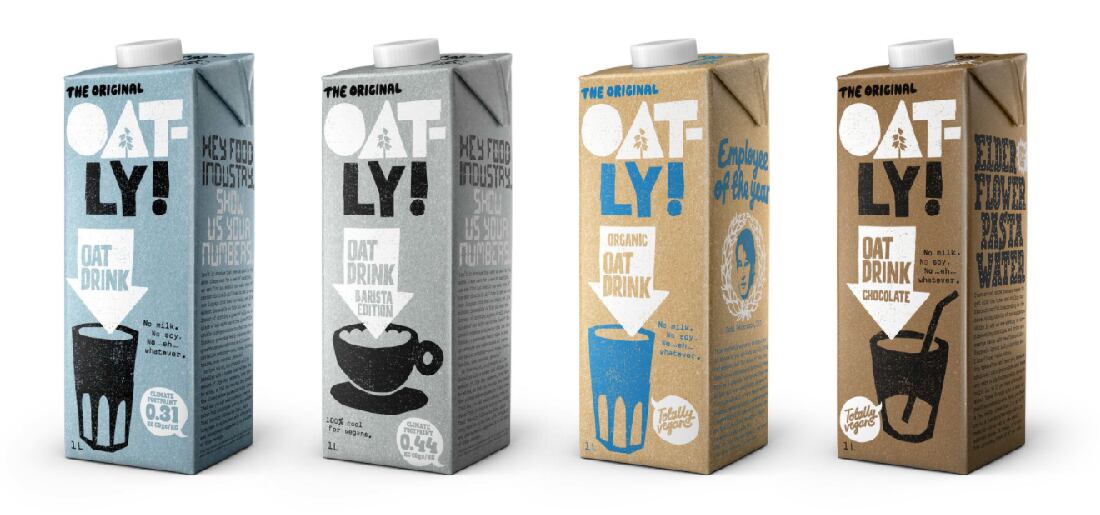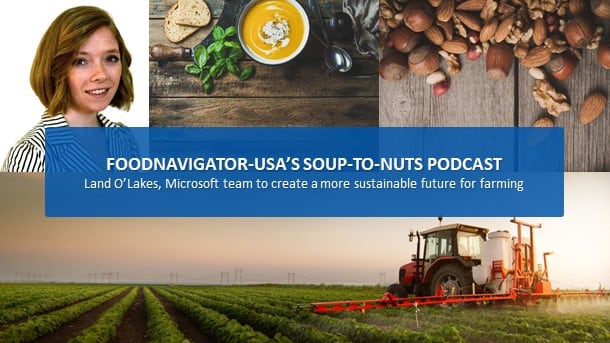“If you want to raise the money to a venture or to a fund and you don’t have a concrete vision and measures for how you are going to implement it and do good, you won’t be able to raise money in the near future,” Nadav Berger, founder and managing director of Peak Bridge Partners, told attendees at the virtual Future Food-Tech’s Summit this month.
And by ‘near future,’ he explained he is not talking about 20 years from now. But rather, based on his own experience, he said limited partners already are pressuring investment funds and portfolio managers to support companies that benefit shared environmental and social goals.
“We are like a startup that is going and raising funds all the time to our fund, and so we have the perspective of the LPs that invest in funds. So, it used to be the case in California or on the West Coast, if you didn’t show up with a sustainable vision, they wouldn’t talk to you. … We have LPs from Sweden who insisted on taking a train to Switzerland because they don’t fly planes anymore for a fund launched a year and a half ago,” Berger said of the speed with which this trend is gaining traction.
He also noted that LP’s interest in ESG goals is more than a passing trend or desire to tic a box that they think will resonate well with end consumers. Rather, he said, “it is much more profound because they test you. They want to know what you really measure” and how a company has a demonstrably “positive impact on our planet.”
Berger’s observation is supported by recent data and analysis from Barclays, which estimated in a post this summer that “one in four dollars of professionally managed assets in the US are currently in socially responsible investments, despite the lack of standardization when it comes to defining, measuring and scoring E, S, and G factors in investments.”
In addition, ESG funds in the US have inflows about 7% higher per year than non-ESG funds, which have seen yearly outflows of 2%, according to Barclays' data since 2013.
“This rise in inflows does not appear to have been driven by performance of ESG funds,” which have delivered similar returns to non-ESG funds since 2013, added Barclays analysts Arik Ben Dor, managing director and head of quantitative equity research, and Carlo Rosa, director of quantitative portfolio strategy, in the post.
‘Capital markets at its finest’
David Huggins, VP, nutrition portfolio manager, Active Equities at BlackRock, confirmed during the summit presentation that performance isn’t the top priority for ESG investments, but rather the goal in the investments is to move the needle towards sustainability.
“You are beginning to find a really interesting dynamic right now, where you are getting this burgeoning supply of ESG capital, hundreds of billions of dollars, which are directed towards companies that can tic that box. And that might look a little worrisome in terms of valuations, but it is capital markets at its finest because you are creating incentives to push the world in the right direction toward a more sustainable future,” he said.
Strategics eye startups to help meet ESG goals
Large strategic food and beverage players also increasingly are interested in scaling businesses that can demonstrably help them achieve ambitious, publicly declared sustainability or social governance goals, Erin VanLanduit, managing director, Tyson Ventures, added at the virtual summit.
“Sustainability is a consideration in all of the investments that we make on behalf of Tyson. We have some very large and public goals related to sustainability that Tyson has put out there in the past few years. So we do think very carefully about where we’re putting our money because we do want to drive towards those sustainability goals,” she said.
In particular, she said, Tyson Ventures is interested in water management, land stewardship, soil health, greenhouse gas reduction and animal welfare.
“We very actively look for companies in those spaces and it is something that’s really important because, quite honestly, I don’t believe that we’ll be able to hit some of our very audacious goals that we’ve set out for the organization unless we do make investments and build more partnerships in those spaces,” she said.
Nick Rosa, co-founder and managing director of Sandbox Industries, also confirmed at the summit that “almost all of our ag investments are improving the health of the planet.” But he noted that Sandbox Industries is particularly interested in acquaculture and how to get more from the ocean with less impact and more transparency.




